In the rapidly evolving world of construction, the role of an HVAC (heating, ventilation, and air conditioning) contractor is pivotal. These professionals are responsible for designing and implementing systems that ensure optimal indoor air quality and climate control. As new construction projects push the boundaries of design and efficiency, the expertise of an HVAC contractor becomes even more crucial to building sustainable and comfortable environments.
Collaborating Early in the Design Process
At the outset of any new construction project, an HVAC contractor plays a critical role in the planning and design phase. This is where ideas start to take shape, and having the right contractor at the table ensures the building’s heating and cooling systems will be efficient from day one. Their early involvement helps avoid design conflicts, streamlines coordination with other trades, and ensures system compatibility with the building’s overall structure and use.
This stage involves calculating load requirements, selecting the right equipment, and confirming that everything meets local codes. The contractor's input can have a long-lasting impact on the project’s performance, indoor comfort, and overall cost-efficiency for years to come.
Leading Precision Installation
Once the design is finalized, the job turns from planning to action. This is where the HVAC contractor steps in to lead the installation. Their role here isn’t just about connecting parts—it’s about precision, coordination, and making sure everything functions just as it was intended. They work alongside other construction professionals to ensure that the HVAC components are integrated smoothly into the structure without disrupting other systems. Timing is critical during this phase, and the HVAC contractor must manage both schedules and site logistics to keep the project moving forward efficiently.
From placing ductwork and setting up ventilation to installing furnaces or air conditioning systems, their hands-on involvement ensures everything is properly fitted and aligned. Even minor misalignments can cause inefficiencies, noise issues, or system failures down the line. That’s why experienced HVAC contractors take the time to double-check every connection, calibrate controls, and verify system performance before the walls are sealed. Their attention to detail helps avoid costly issues that can emerge long after the project wraps up, saving both time and money for property owners and builders alike.
Driving Energy Efficiency and Sustainability
Today’s construction industry is more focused than ever on going green, and HVAC contractors are front and center in that movement. They are the ones choosing energy-efficient systems, integrating smart technologies, and sometimes even incorporating renewable energy sources to power climate control systems.
According to the U.S. Department of Energy, around 75% of homes in the U.S. have air conditioning, making the HVAC system a significant contributor to overall energy use. That’s why choosing the right contractor can lead to major environmental benefits and long-term savings for property owners.
Ensuring System Reliability Through Testing
Before the HVAC system is signed off as complete, it undergoes extensive testing. The contractor is responsible for checking airflow, identifying leaks, and verifying that temperature control systems are accurate and responsive. These inspections are not just routine—they are essential to ensure the system performs as expected under real-world conditions. Technicians may use specialized tools to measure pressure levels, inspect duct integrity, and confirm that thermostats and sensors are properly calibrated.
This phase is all about making sure the entire system runs smoothly and efficiently from day one. If anything is off, even slightly, it’s the contractor’s job to catch and fix it early. By resolving these issues before the building is occupied, contractors help prevent disruptions, maintain comfort levels, and ensure the HVAC system delivers optimal performance from the start.
Providing Ongoing Support and Maintenance
Even after construction is done, an HVAC contractor's job isn't over. Maintenance and support are just as important as design and installation. Regular inspections and servicing can prevent breakdowns, reduce repair costs, and extend the life of the entire system.
When you have a dedicated HVAC contractor on your team for ongoing service, you're making a smart investment in both comfort and performance over the long haul.
In new construction, the HVAC contractor is more than just a subcontractor—they're a key player in making sure the building is livable, efficient, and built to last. From planning and design through to testing and maintenance, their knowledge and skill set are essential. If you’re starting a new construction project and want to ensure your HVAC systems are designed and installed the right way, reach out to the trusted experts at The Witmer Company.

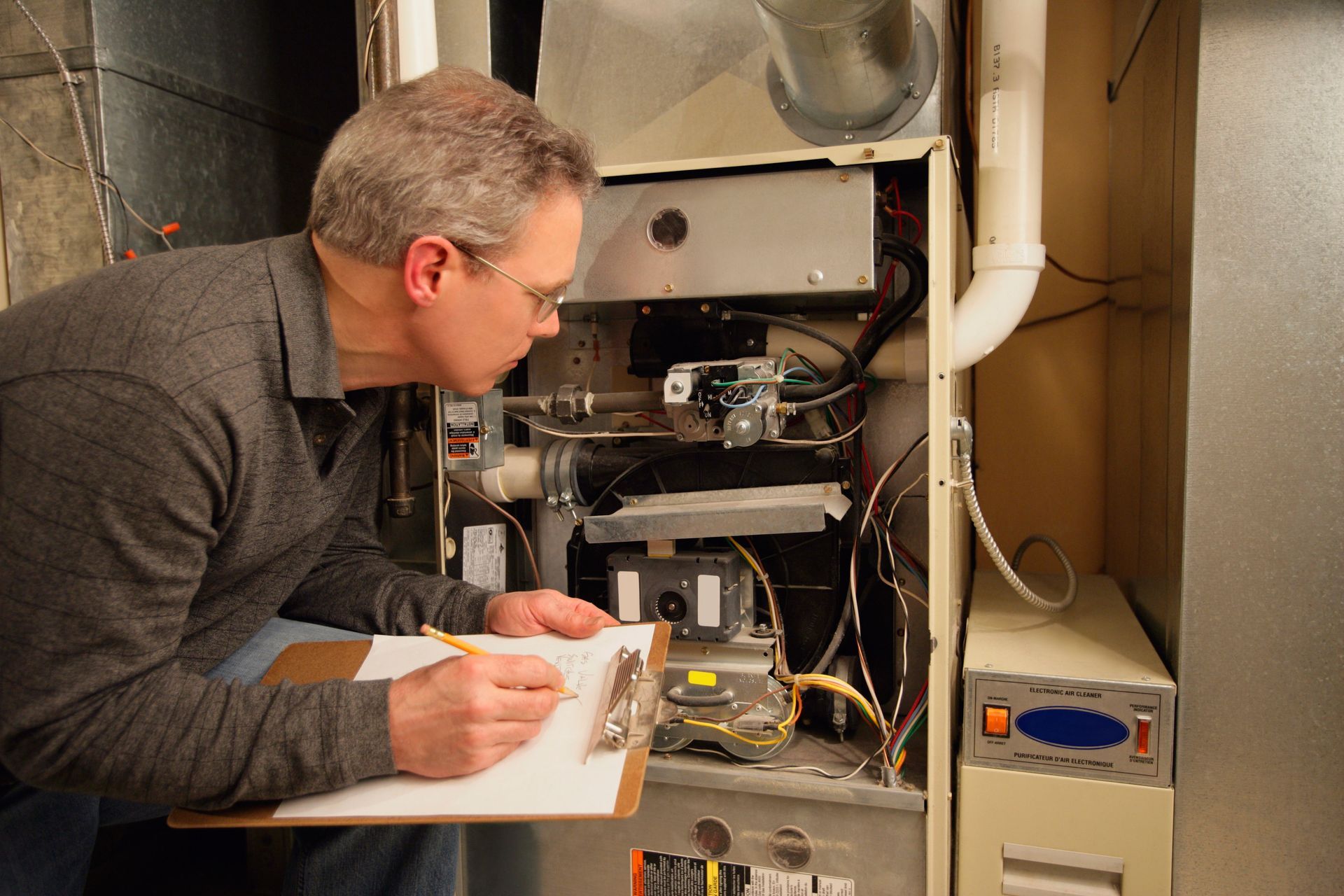
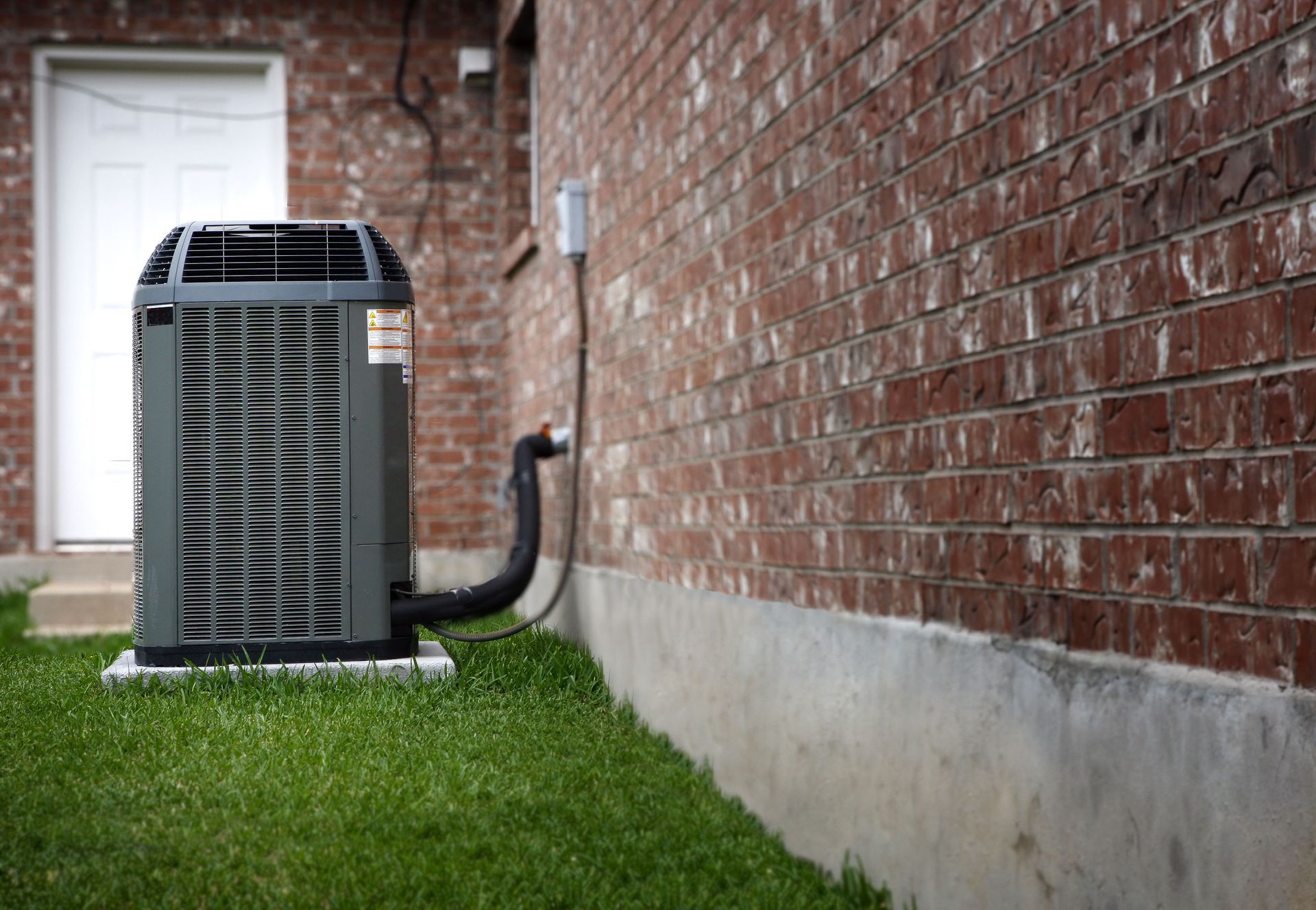
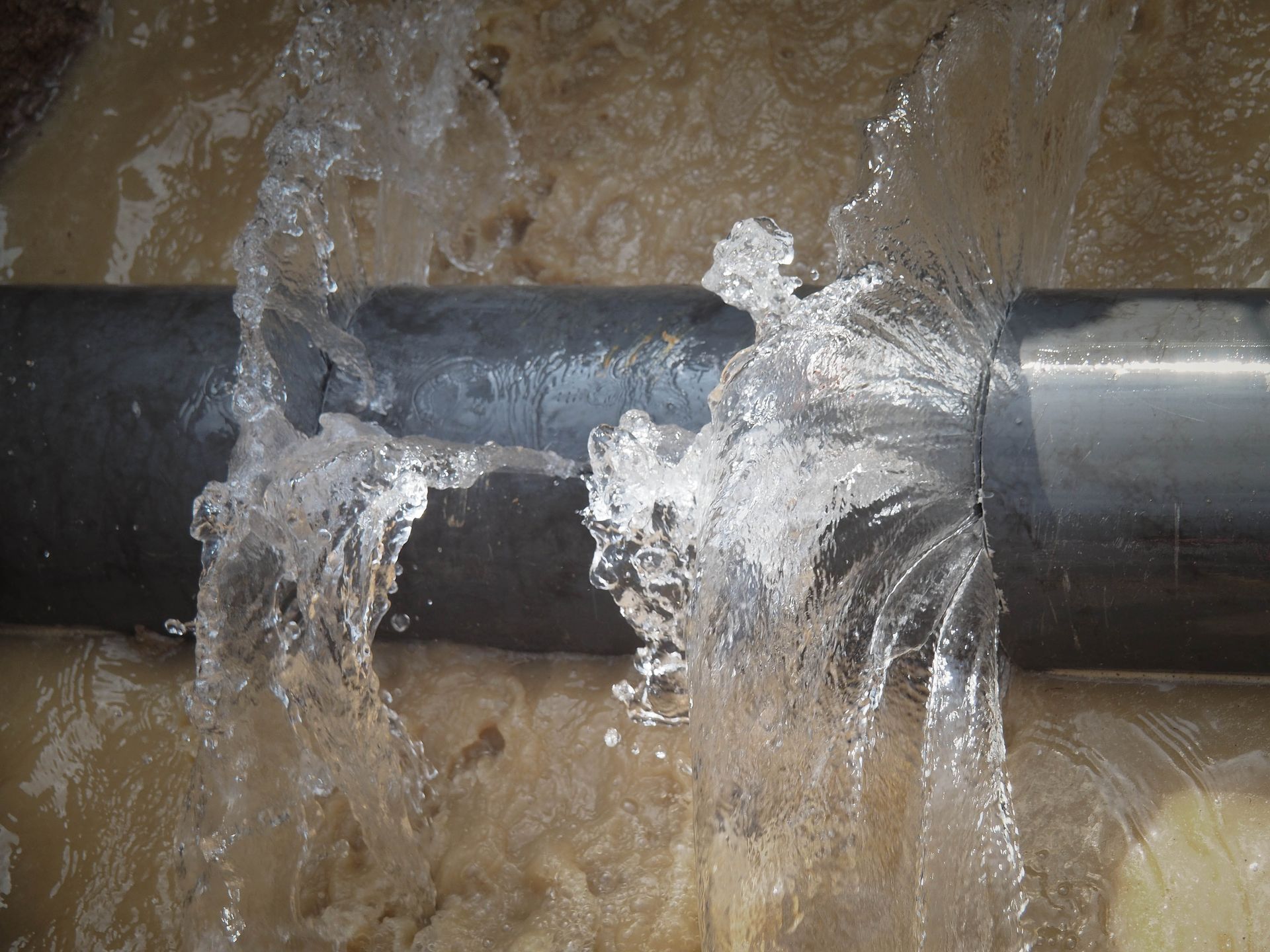
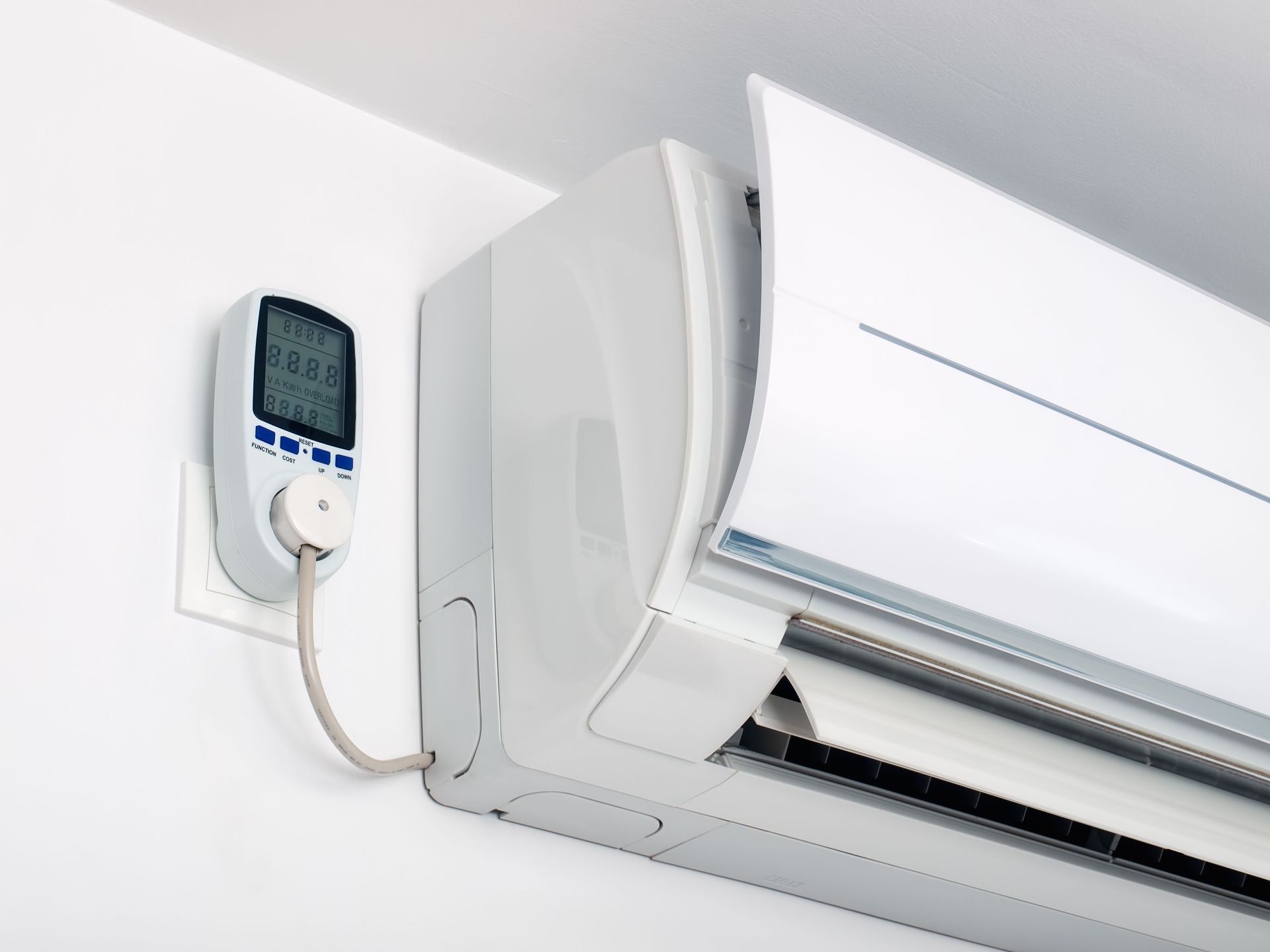
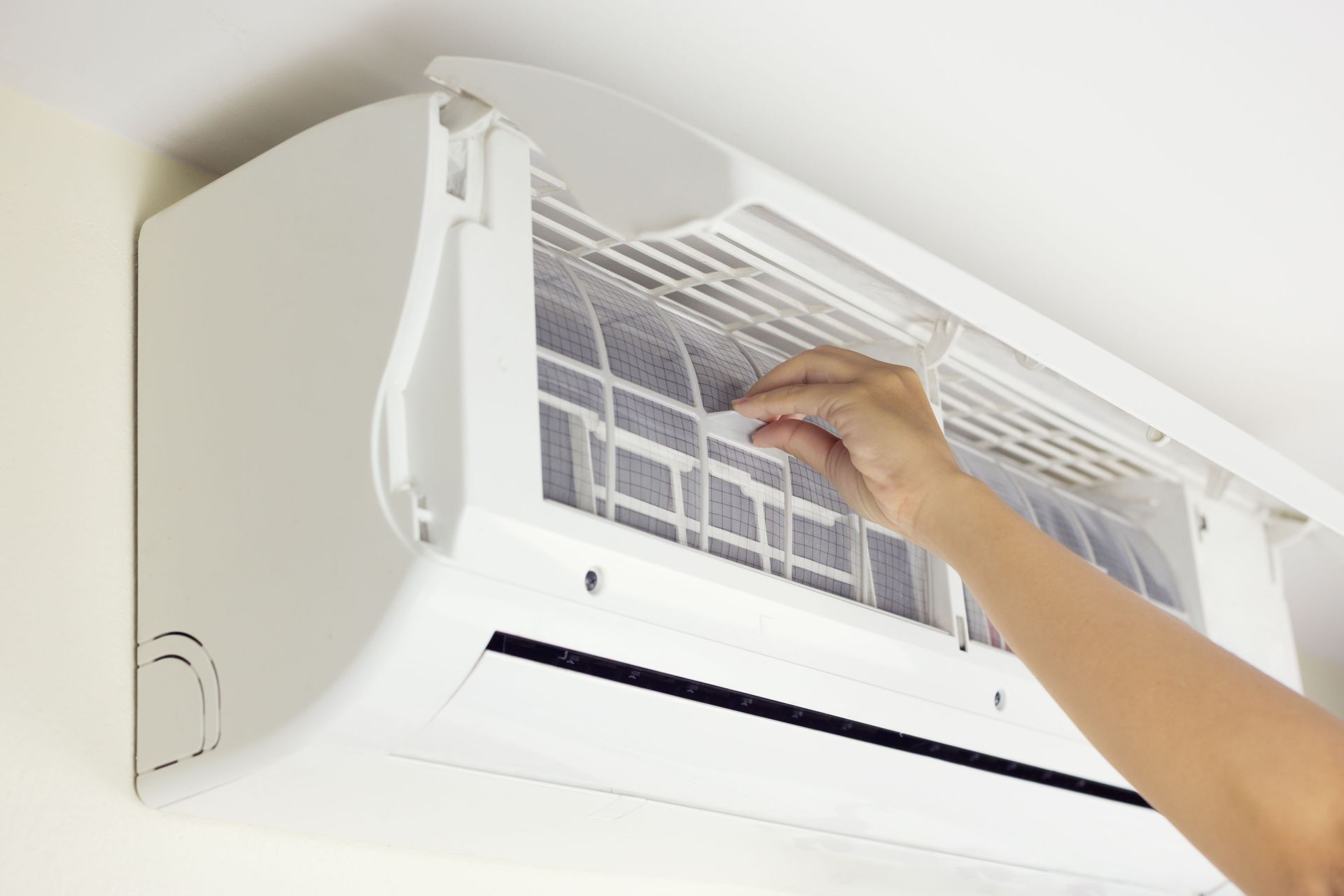
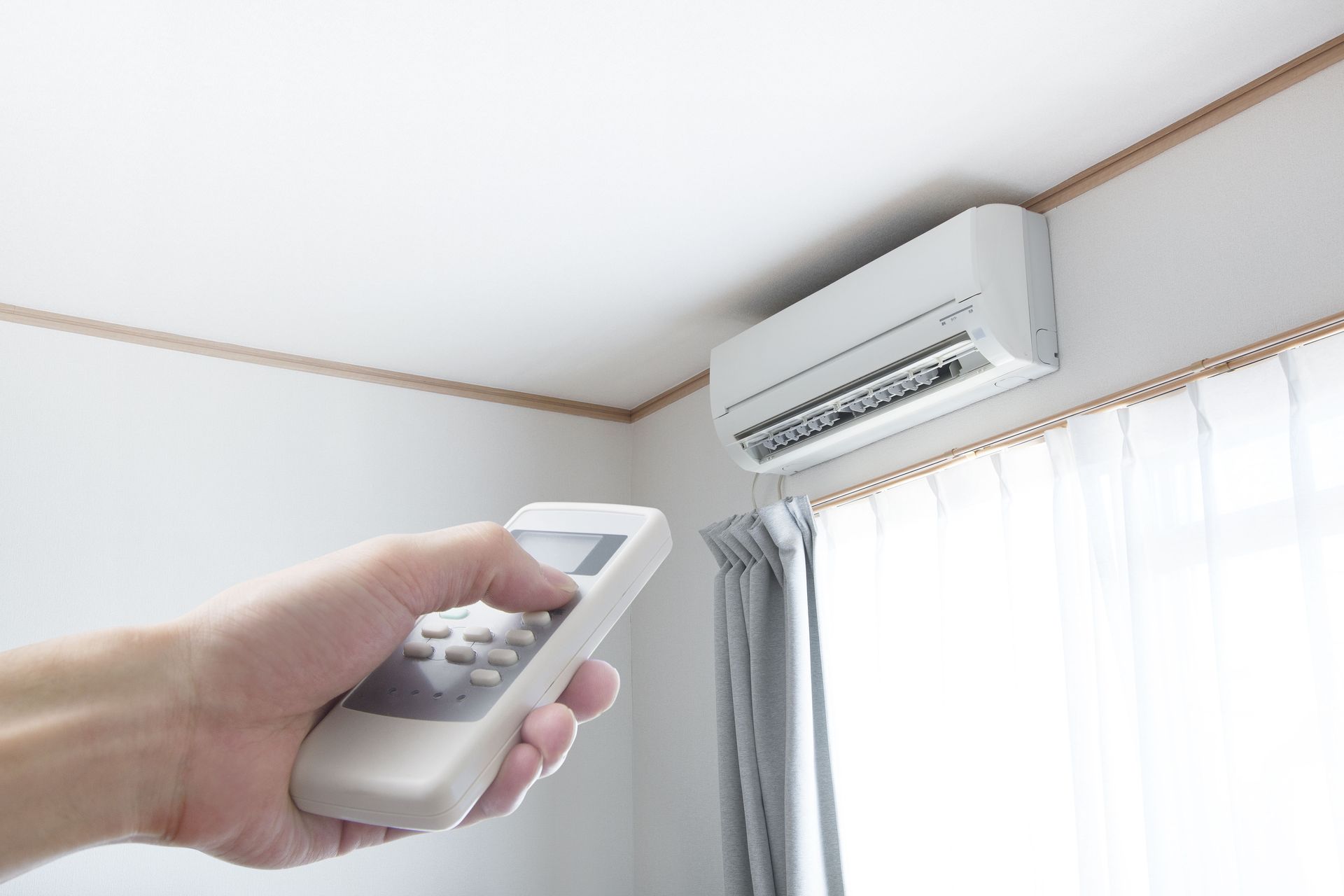
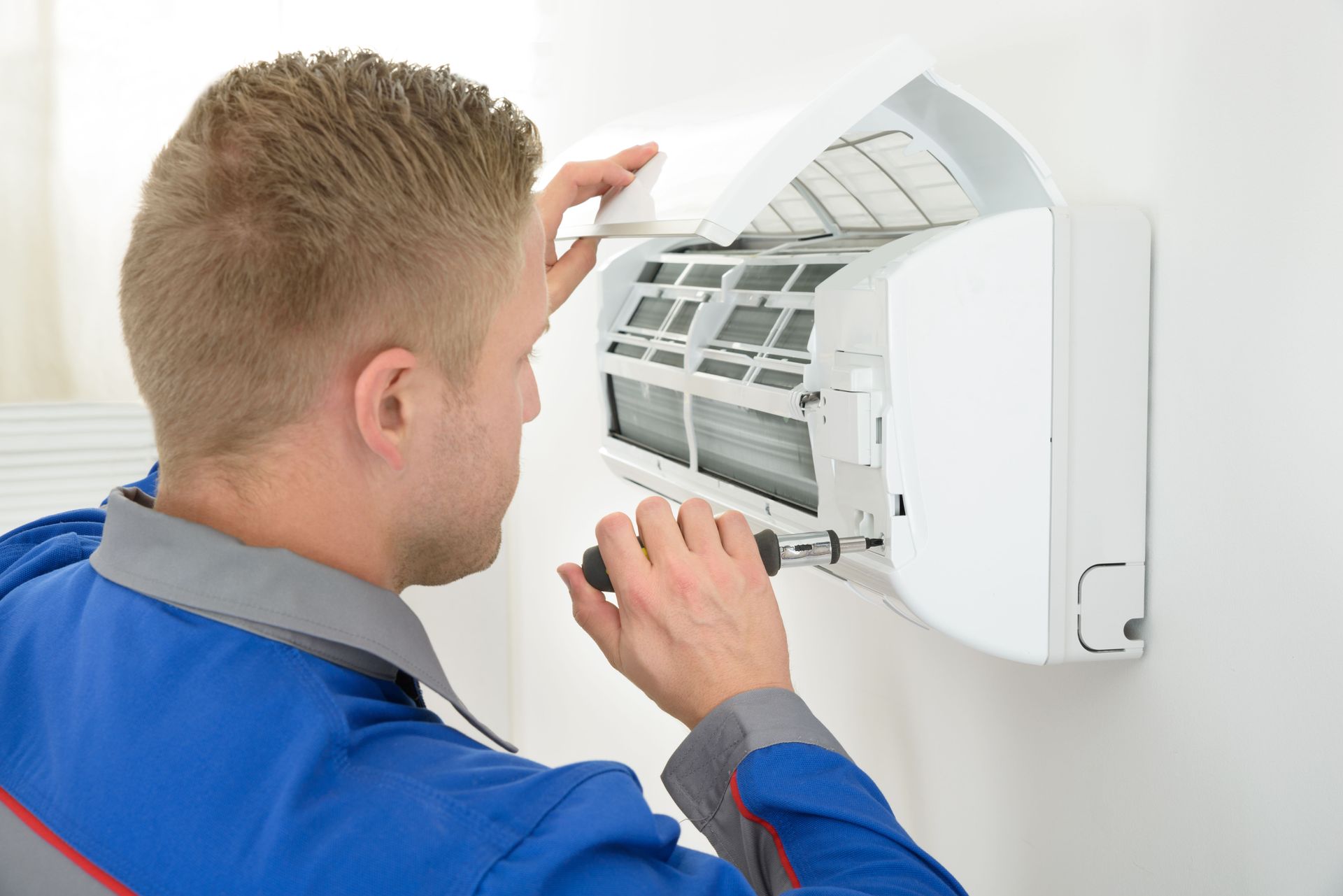
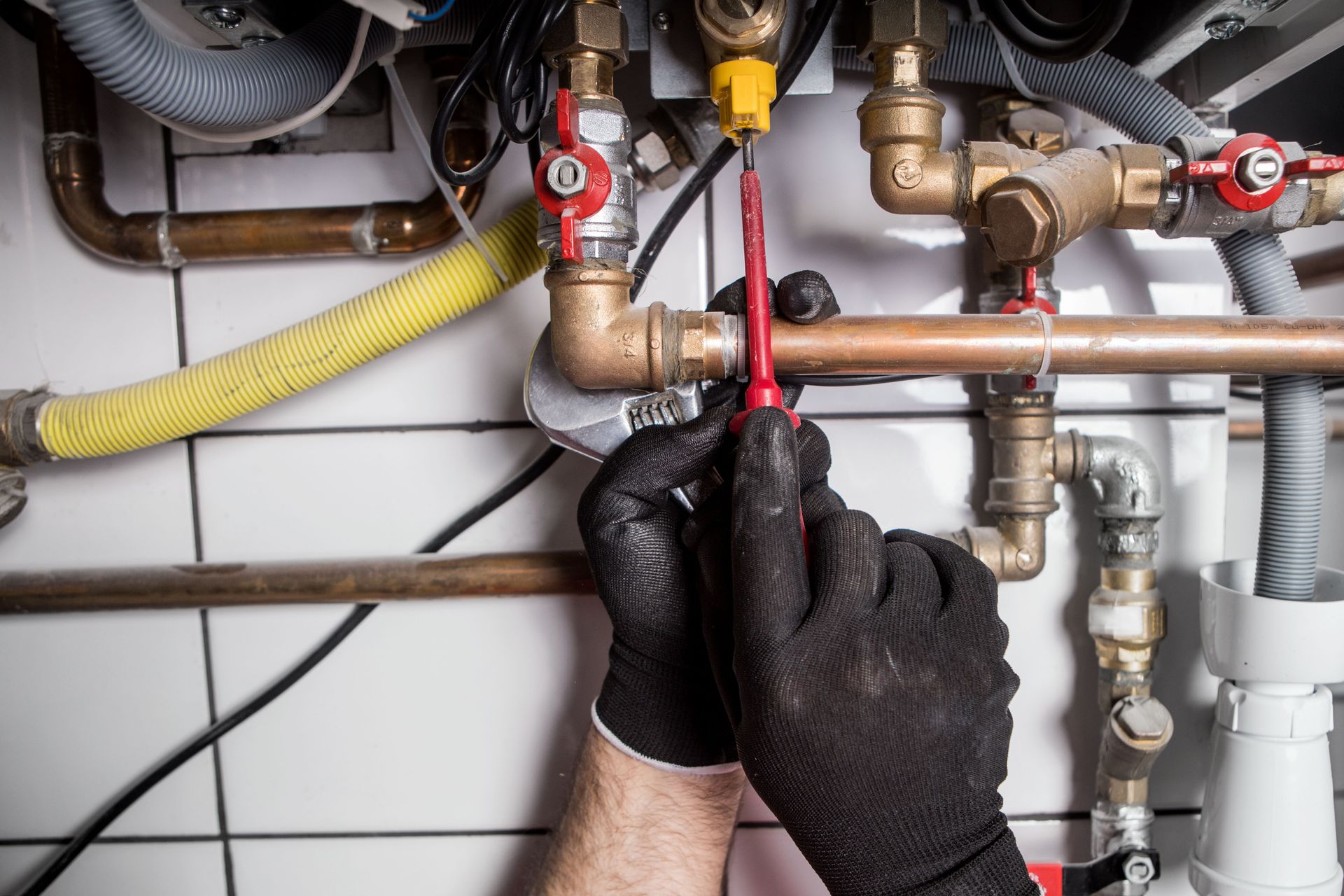
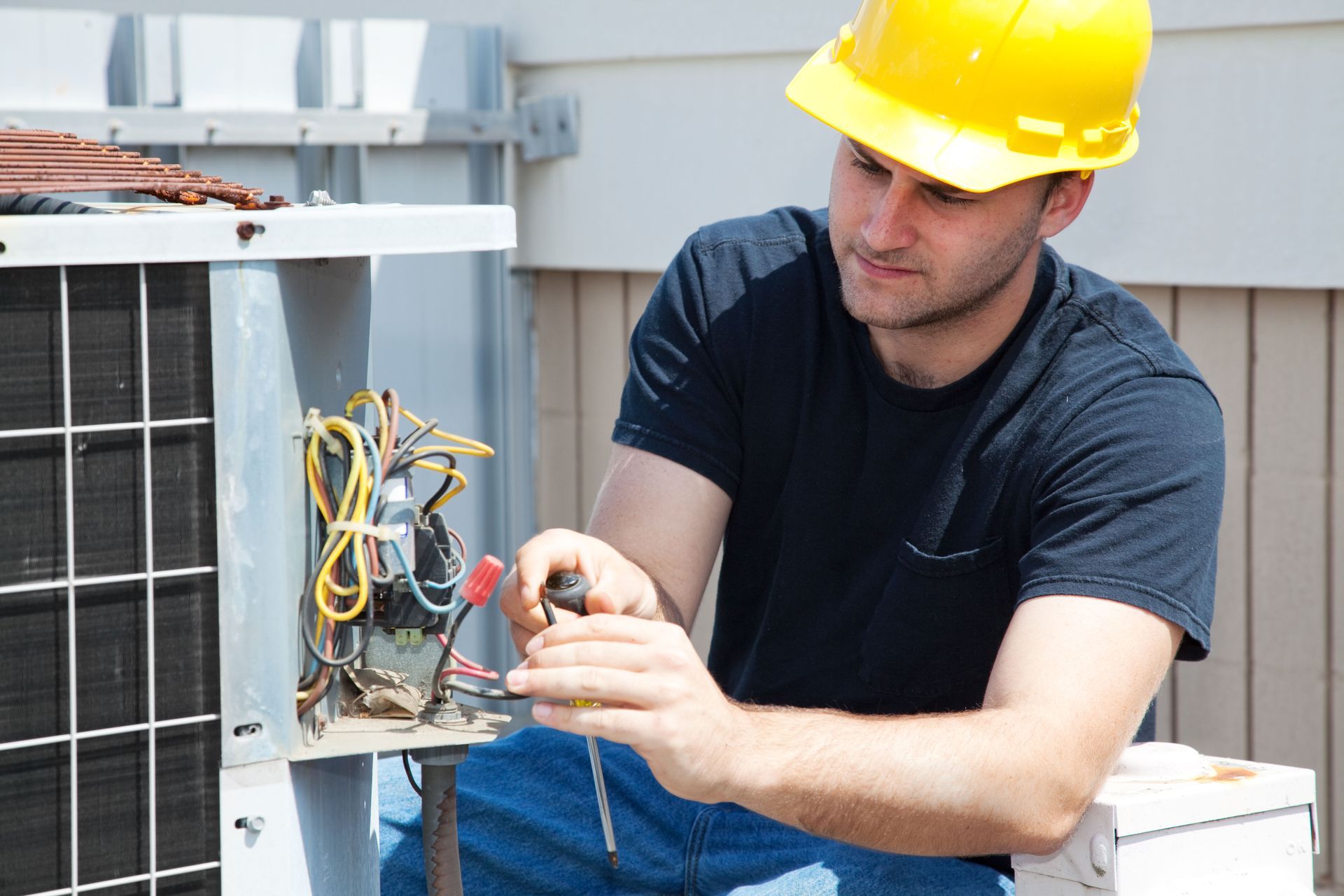
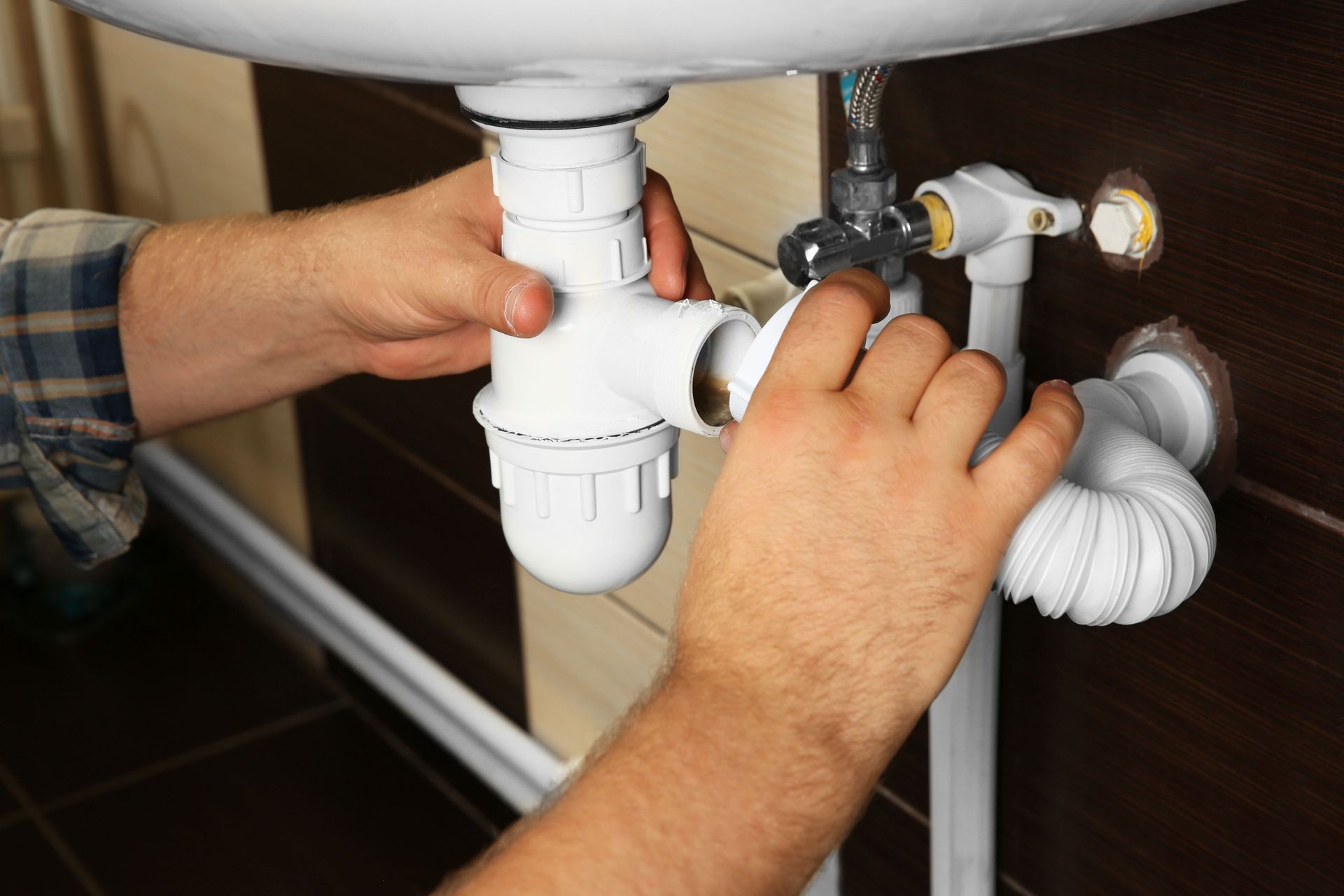








Share On: